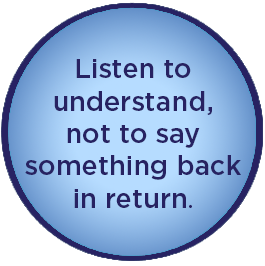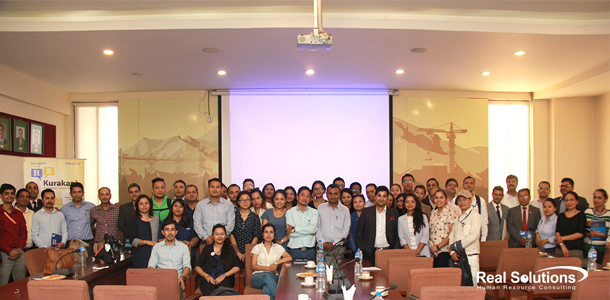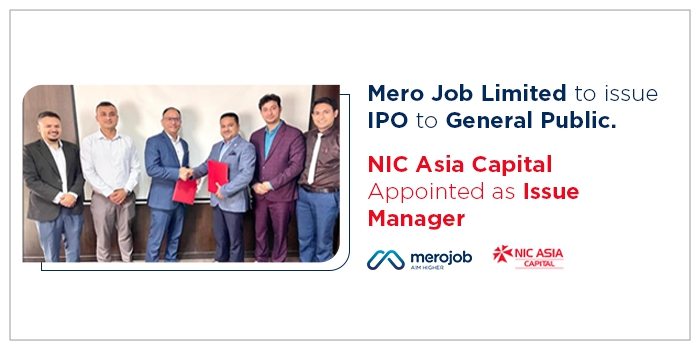In the dynamic world of personal and professional development, a noteworthy skill is the art of gracefully accepting feedback. Constructive and honest feedback, whether in your career, interpersonal connections or creative pursuits, can significantly contribute to growth.
Here we delve into the finesse of handling feedback adeptly and offer strategies for proficiently navigating this ability.
1. Cultivate an Evolving Mindset for Growth
Feedback is a valuable resource, not a source of concern. Developing a mindset centered on growth establishes the foundation for effectively managing feedback. Recognize that each piece of input, even if it seems critical, can be a stepping stone for progress. This change in perspective assists in viewing feedback as a tool for advancement rather than a judgment of your competencies.

2. Maintain an Open Mindset
When feedback comes knocking, invite it in with curiosity and keep an open mind. When you are provided with feedback, avoid the inclination to be defensive. Instead, pose questions to gain a deeper comprehension of the perspective being shared. This kind of open approach shows you're ready to learn, to welcome fresh insights into your world.
3. Engage in Active Listening
Picture this: someone's giving you feedback. What do you do? You listen. Really listen. Look at the person in the and avoid interruptions. Allow them to fully articulate their thoughts before you respond. Active listening demonstrates respect and grants you time to process the feedback before giving a reply.

4. Reflect and Take Action
As per the survey conducted by merojob on its social media platforms, 53% of people handle constructive criticism by taking a pause, reflecting and then taking action. After obtaining feedback from your supervisor or colleagues, allocate some time to contemplate it before responding. Refrain from impulsive reactions or immediate counterarguments. This reflection period enables you to objectively evaluate the feedback and assess its validity. After careful contemplation take the necessary steps.
5. Identify the Truth
Even amid the most critical feedback, there often exists a core of truth. Discern the aspects of the feedback that resonate with you and offer potential for enhancement. Concentrate on these facets rather than fixating on any negative emotions triggered by the feedback.
6. Express Appreciation
Whether the feedback is favorable or critical, expressing gratitude conveys your acknowledgment for the effort someone has invested in aiding your development. A simple "Thank you for your feedback" acknowledges the contributor's input and sustains a positive rapport.
7. Turning Words into Action
Feedback without action holds limited value. So, translate feedback into actionable objectives. Find the areas of improvement pinpointed in the feedback and work out a strategy to address them. This proactive approach shows your commitment to progress.
8. Ask Others
Don't put all your feedback eggs in one basket. Get insights from all corners. Seek viewpoints from a diverse range of sources. This can provide a comprehensive view of your strengths and avenues for growth. Remember, feedback is not universally applicable, so collecting diverse perspectives holds significant value.
9. Hone Your Skills Through Repetition
Becoming proficient at handling feedback necessitates consistent practice. Actively seek opportunities for feedback, whether in professional projects or personal ventures. The more you practice, the more adept and at ease you will become.
Mastering the art of handling feedback is like giving yourself a superpower for personal and professional growth. Embrace growth, keep an open heart, and put these strategies into play. Suddenly, feedback isn't a hurdle – it's a stepping stone. Each piece of advice is a chance to polish up your skills and shine brighter. So, let the feedback flow and watch yourself blossom.
If you're hungry for more insightful articles click here to explore more informative blogs.
And for those of you who are actively seeking new opportunities to apply your evolving skills and mindset, whether in your current job or as you explore new horizons, take that next step by clicking here.













